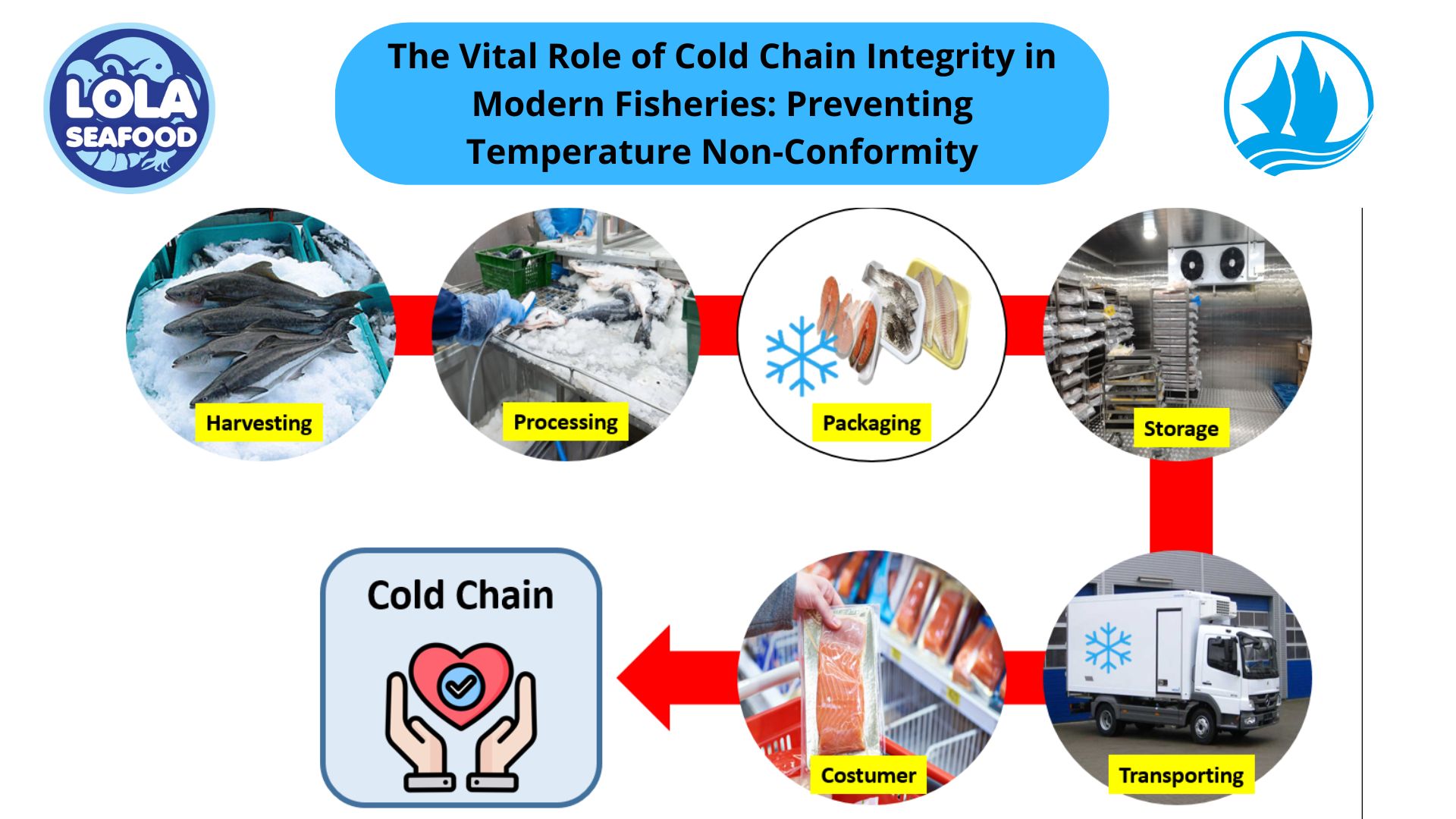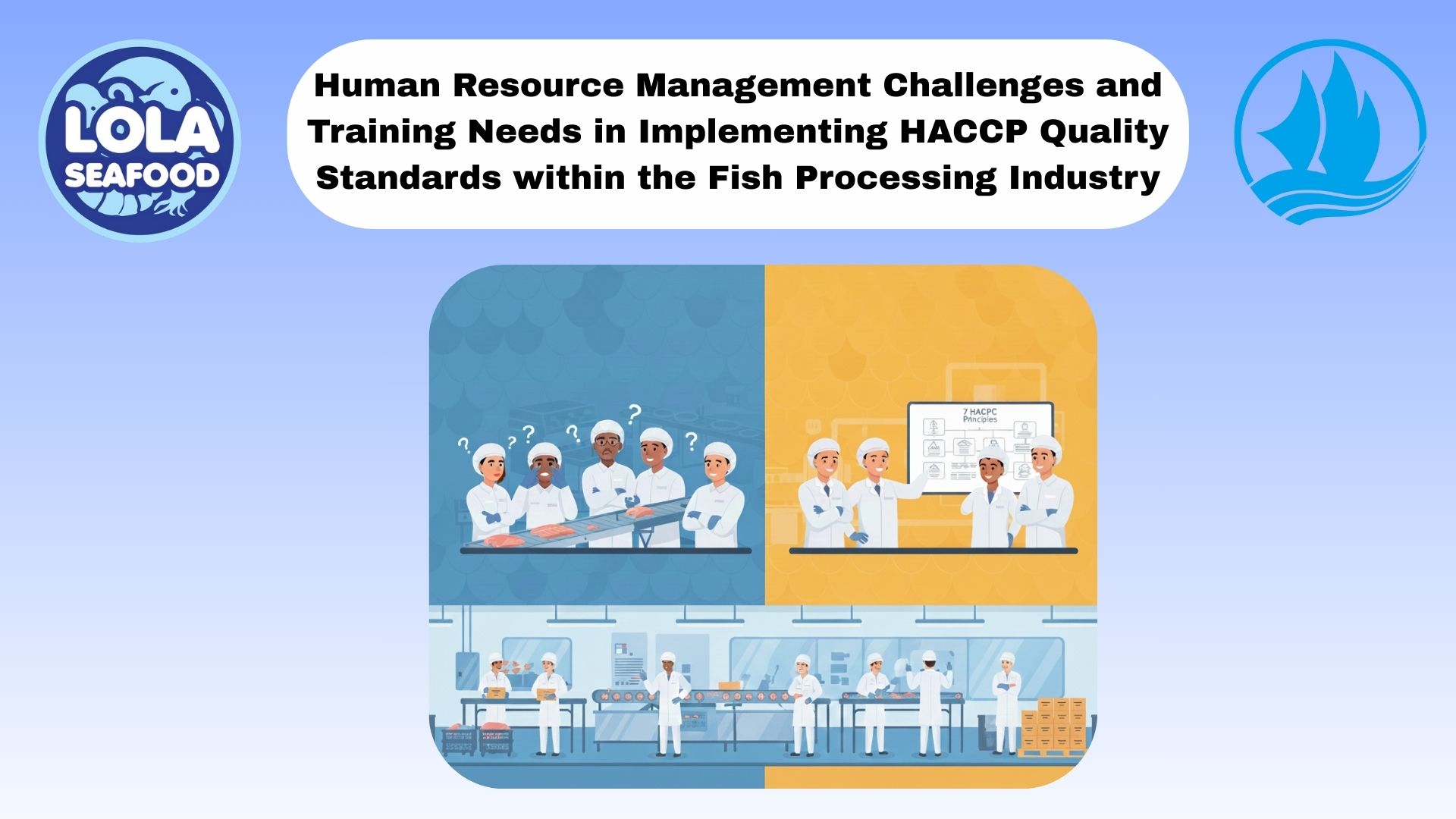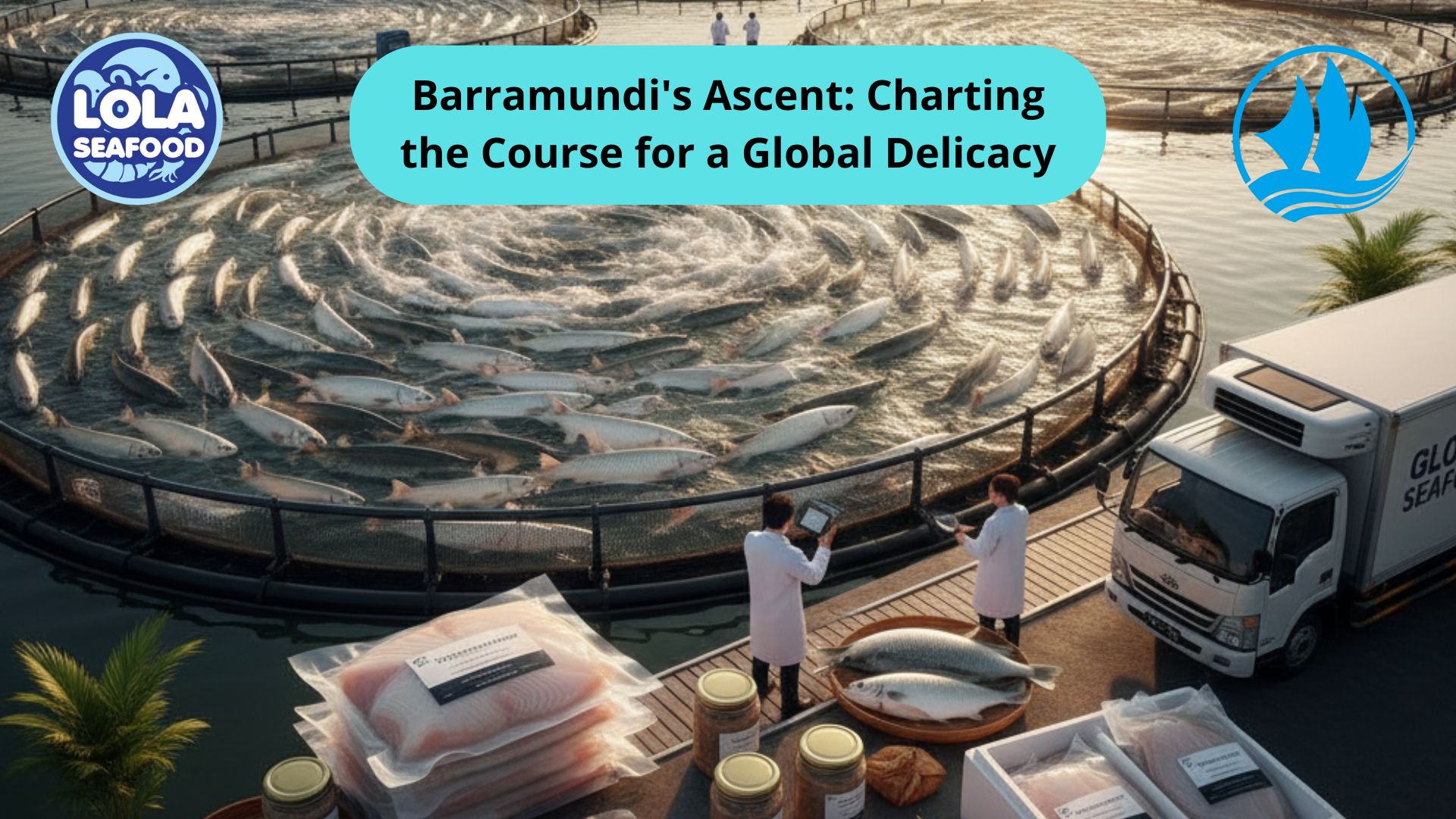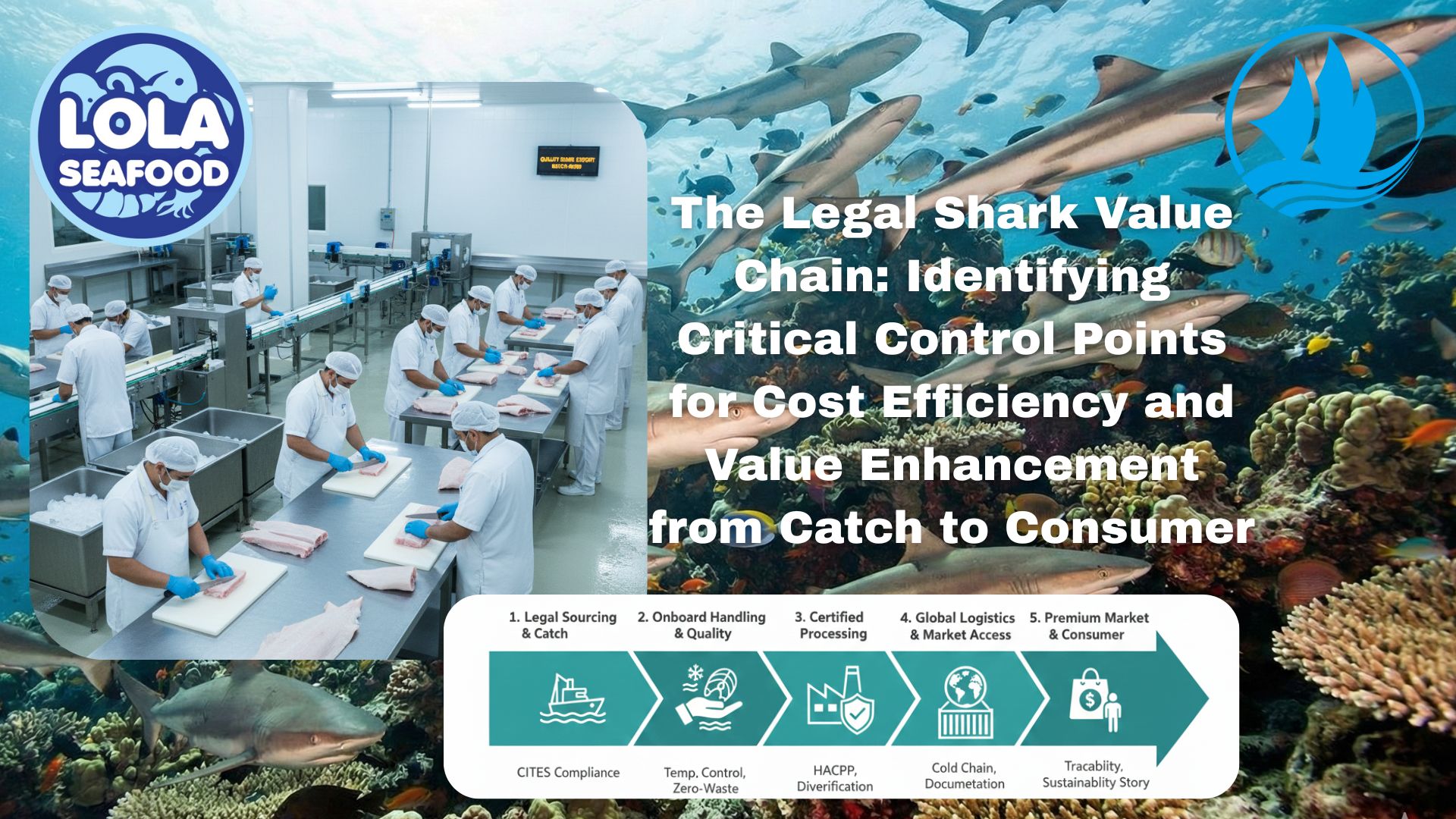Here Are the Export Banded Grouper (Epinephelus Amblycephalus) In Australia
By. Agung Kurniawan - 21 Jan 2025 In Australia.jpg)
Kelolalaut.com The banded grouper, scientifically known as Epinephelus amblycephalus, is a highly sought-after fish species in global seafood markets due to its exceptional flavour, firm texture, and versatility in culinary applications. Native to tropical and subtropical waters, this fish has gained prominence in Australia, both for its ecological significance and as a valuable export commodity. The rise in international demand, particularly from Asian markets, presents Australia with significant economic opportunities, albeit accompanied by environmental and regulatory challenges.
Overview of Banded Grouper
Epinephelus amblycephalus, commonly referred to as the banded grouper or blackfin grouper, is a medium-sized species within the family Serranidae. It is characterized by its distinctive dark vertical bands, a robust body, and a habitat preference for rocky reefs and coral structures. The species thrives in warm, coastal waters, often at depths ranging from 10 to 100 meters. Known for its adaptability, the banded grouper is found in various regions across the Indo-Pacific, including northern Australian waters.
The banded grouper’s relatively fast growth rate and high market value make it an ideal candidate for commercial exploitation. It is especially popular in live seafood markets in countries such as China, Hong Kong, and Singapore, where it is prized for its freshness and quality.
Australia’s Role in Banded Grouper Exports
Australia has emerged as a significant player in the global seafood trade, leveraging its pristine marine ecosystems and sustainable fishing practices to market premium seafood products. The banded grouper represents a growing segment of this industry. Exporting live banded groupers is a lucrative venture, with live fish commanding higher prices compared to frozen or processed alternatives.
Asian markets are the primary destinations for Australian banded groupers, driven by the species' popularity in traditional cuisines. Live exports, facilitated by advanced aquaculture techniques and efficient logistics, have enabled Australian producers to meet stringent quality standards. The proximity of northern Australia to key Asian markets further enhances its competitiveness.
Aquaculture and Sustainability
To meet rising demand and reduce pressure on wild populations, aquaculture has become a critical component of banded grouper production in Australia. Hatcheries have successfully closed the life cycle of Epinephelus amblycephalus, ensuring a consistent supply of juveniles for grow-out operations. Farming practices emphasize sustainability, incorporating environmentally friendly feed, disease management, and minimal ecological impact.
Sustainable aquaculture not only supports economic growth but also aligns with Australia's commitment to preserving marine biodiversity. Certification schemes, such as the Aquaculture Stewardship Council (ASC) and Marine Stewardship Council (MSC), help ensure that Australian banded grouper exports meet international environmental standards.
Challenges in the Industry
Despite its potential, the banded grouper export industry faces several challenges. Overfishing in some regions has led to concerns about the depletion of wild stocks. In response, the Australian government enforces strict quotas and monitoring to prevent unsustainable practices.
Disease outbreaks, particularly in aquaculture settings, pose another significant risk. Groupers are susceptible to various bacterial and viral infections, which can devastate farmed populations. Investments in biosecurity measures and research into disease-resistant strains are essential to mitigate these risks.
Market competition from countries like Indonesia, Malaysia, and Vietnam also presents a challenge. These nations often produce banded groupers at lower costs due to more extensive aquaculture operations and less stringent regulatory frameworks. To maintain its competitive edge, Australia must focus on quality, sustainability, and branding.
Future Prospects
The future of banded grouper exports in Australia appears promising, with growing demand for premium, sustainably sourced seafood. Innovations in aquaculture technology, such as recirculating aquaculture systems (RAS) and selective breeding, could further enhance productivity and reduce environmental impact.
Australia’s commitment to sustainability, coupled with its reputation for high-quality seafood, positions it well to expand its share in the global market. Collaborative efforts between government agencies, research institutions, and industry stakeholders will be crucial in addressing challenges and ensuring the long-term viability of the banded grouper export sector.
The export of banded grouper (Epinephelus amblycephalus) offers Australia a unique opportunity to capitalize on global seafood demand while promoting sustainable practices. By balancing economic interests with environmental stewardship, Australia can establish itself as a leader in the premium seafood market, ensuring the prosperity of its marine resources for future generations.
If youre interested in our Grouper Fillet Skinless please do not hesitate to contact us through email and/or whatsapp.
.jpg)
The Impact of HACCP-Based Integrated Quality Management Programs on the Quality and Competitiveness of Fresh Demersal Fish Products
 and Employee Productivity on the Demersal Fish Processing Floor.jpg)

.jpg)




